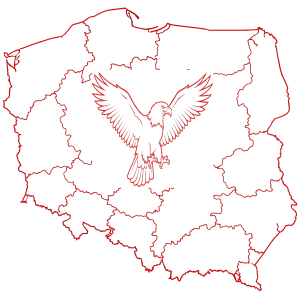…will be available soon.

Notable Aspects and Attractions about Poland:
- UNESCO World Heritage Sites: Poland boasts 17 UNESCO World Heritage Sites, showcasing its rich history and natural beauty.
- Historical Sites:
- Auschwitz-Birkenau: A powerful memorial and museum dedicated to the victims of the Holocaust, near Kraków.
- Wieliczka Salt Mine: One of the world’s oldest salt mines, with underground chapels, statues, and a lake carved from salt.
- Malbork Castle: The world’s largest brick castle, built by the Teutonic Knights.
- Warsaw Old Town: Reconstructed after World War II, it’s a UNESCO site reflecting the city’s resilience.
- Kraków: A historic city with a well-preserved Old Town, Wawel Castle, and Kazimierz district.
- Natural Beauty:
- Tatra Mountains: A stunning mountain range offering breathtaking views and outdoor activities.
- Białowieża Forest: One of Europe’s last ancient primeval forests, home to European bison.
- Masurian Lake District: A popular area for water sports and relaxation with thousands of lakes.
- Błędowska Desert: Central Europe’s largest accumulation of loose sand, often called the “Polish Sahara.”
- Famous Poles: Besides Chopin and Marie Curie, other notable Poles include Pope John Paul II, Nicolaus Copernicus (the astronomer), and Robert Lewandowski (footballer).
Poland is a country that beautifully blends its ancient traditions with modern European life, offering a diverse experience for visitors.
Culture and Traditions:
- Strong Values: Polish culture is known for its deep-rooted traditions, strong family values, and a focus on honesty and faith.
- Art and Literature: Poland has made significant contributions to Western art, music, philosophy, and literature, with famous figures like Frédéric Chopin, Marie Curie, and Nobel laureates in literature.
- Folk Music and Dances: Lively folk music and traditional dances like the Polonaise, Krakowiak, Oberek, Kujawiak, and Mazur are important parts of Polish cultural celebrations.
